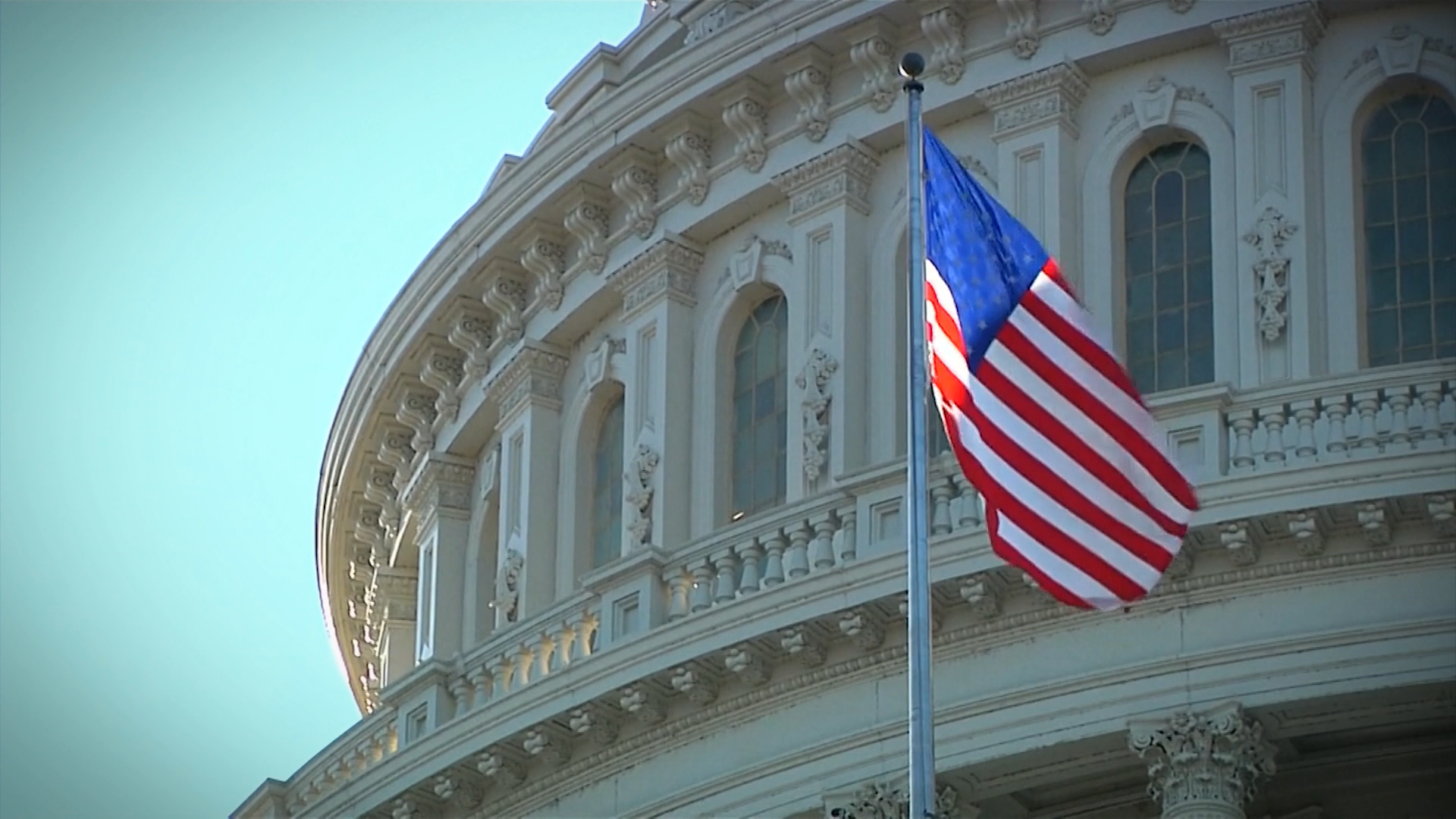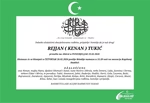
The US House of Representatives on Monday passed a bill on European energy security and diversification regulating cooperation between the United States and Central and Eastern European countries in diversification of energy sources and supply routes.
Oglas
The bill, which is meant "to prioritize the efforts of and enhance coordination among United States agencies to encourage countries in Central and Eastern Europe to diversify their energy sources and supply routes, increase Europe's energy security, and help the United States reach its global energy security goals, and for other purposes," specifies 21 countries in Central and Eastern Europe, including Croatia.
"It is the sense of Congress that the United States has economic and national security interests in assisting Central and Eastern European countries achieve energy security through diversification of their energy sources and supply routes," reads the bill.
One of the aims of the legislation is "to advance United States foreign policy and development goals by assisting Central and Eastern European countries to reduce their dependence on energy resources from countries that use energy dependence for undue political influence, such as the Russian Federation, which has used natural gas to coerce, intimidate, and influence other countries."
Oglas
The legislation also defines assistance which Washington is going to provide in the implementation of relevant projects. Thus, there will be diplomatic and political support, early-stage project support and late-stage project support.
Projects eligible for US assistance under this bill relate to natural gas infrastructures, such as interconnectors, storage facilities, liquefied natural gas (LNG) import facilities, or reverse flow capacity, electricity transmission infrastructure, electricity storage projects, or smart grid projects.
Preferred projects will be those that link the energy systems of two or more Central and Eastern European countries, or have already been identified by the European Commission as being integral for the energy security of Central and Eastern European countries, and are expected to enhance energy market integration.
The bill is expected to be sent to the Senate and has to be signed by US President Donald Trump.
Kakvo je tvoje mišljenje o ovome?
Učestvuj u diskusiji ili pročitaj komentare
Oglas
Kakvo je tvoje mišljenje o ovome?
Učestvuj u diskusiji ili pročitaj komentare
Oglas





 Srbija
Srbija
 Hrvatska
Hrvatska
 Slovenija
Slovenija



























































